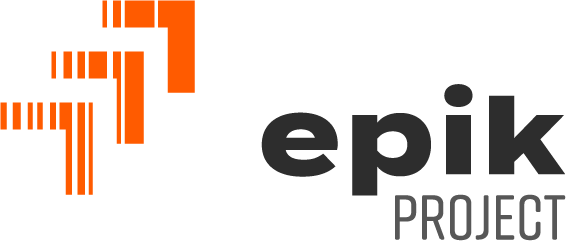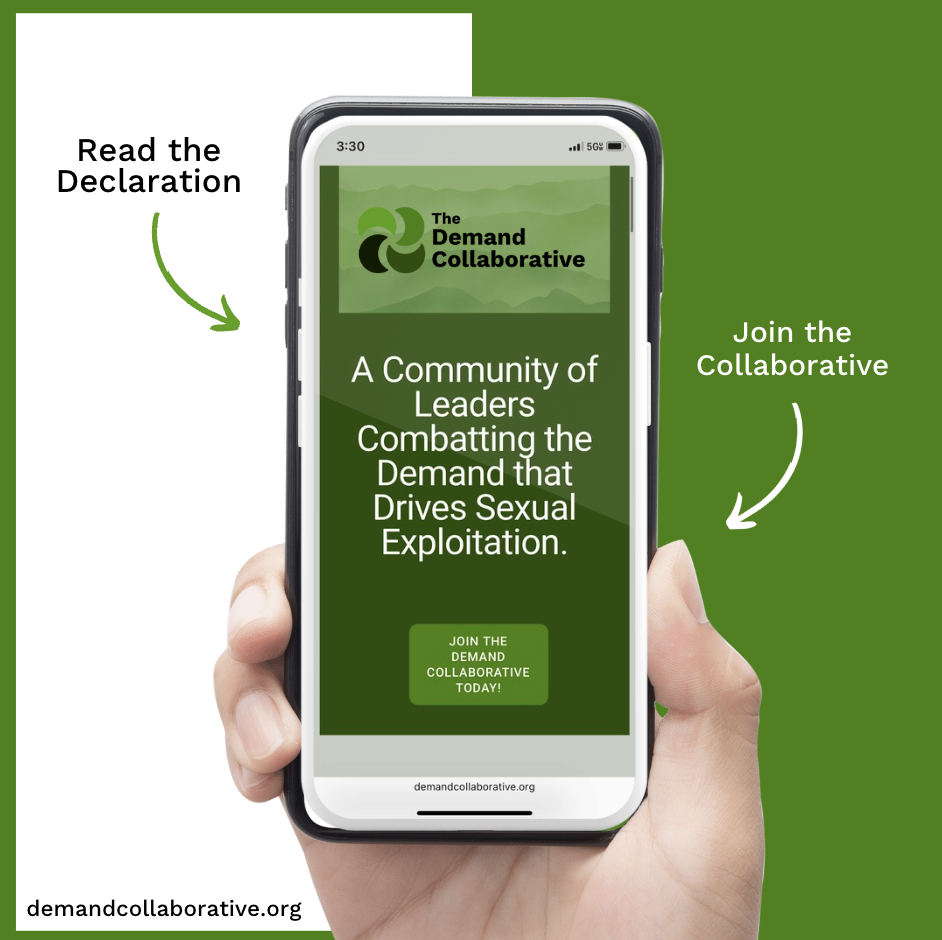Diddy, Dollars, and Demand: Crisis and Opportunity in the Fight Against Trafficking
Sex trafficking is one of the most harrowing human rights crises of our time. Yet we’ve been fighting it with one arm tied behind our backs. While laws have been passed, survivors supported, and traffickers prosecuted, these measures are largely reactive. They respond after the damage is done. What’s missing is a coordinated, proactive offensive, one that targets the root cause of sex trafficking: the demand for paid sexual access to another person’s body.
At the heart of every trafficking story is a simple truth: there would be no trafficking without buyers. Men overwhelmingly drive the global commercial sex market. Studies show they constitute the vast majority of those who pay for sex acts (Farley et al., 2009; Hughes, 2005). This demand creates the incentive that fuels an entire exploitative ecosystem.
While much of the anti-trafficking field has focused on victim identification, aftercare, and prosecution, the demand that makes trafficking profitable is largely ignored. We’ve hesitated to confront the entitlement, male sexual privilege, and toxic ideas about masculinity that normalize the commodification of women and girls. Even in justice spaces, silence around male purchasing behavior persists.
This is more than a strategic oversight. It’s a moral failure. And survivors, especially Black and brown girls and women, LGBTQ+ youth, undocumented migrants, and people in poverty, continue to pay the price.
The Diddy Verdict: A Cultural Flashpoint
Enter Sean “Diddy” Combs.
On July 2, Combs was acquitted of federal charges of sex trafficking and racketeering but convicted on two lesser counts of transporting individuals for prostitution under the Mann Act. Legal experts debated whether prosecutors overreached, but for much of the public, it felt like déjà vu; another powerful man escaping full accountability.
The court’s inability to convict Combs on the most serious charges reflects a deeper flaw in how we approach trafficking. We over-rely on a legal system that functions like an audit: it responds only when all the technical boxes are checked; texts, money trails, timelines, and testimony all perfectly aligned. But trafficking, especially when cloaked in celebrity and wealth, rarely fits that tidy mold.
If we only act when airtight proof emerges in court, we will continue to miss the deeper, ongoing systems of exploitation that hide in plain sight.
A Field Under Fire
Simultaneous with the Diddy verdict, the field of anti-trafficking work is being gutted. In April, the Department of Justice canceled over $811 million in funding across 365 programs, many supporting trafficking prevention, hotlines, legal aid, and shelter services. This came after a White House directive froze disbursements for thousands of federal assistance programs.
The result? Nonprofits are shutting down. Critical services are disappearing, especially for marginalized populations like rural communities, immigrants, LGBTQ+ youth, and male survivors. Law enforcement task forces are shrinking. Global partnerships are breaking down.
And this is happening as trafficking networks grow more transnational, digital, and sophisticated. The movement is struggling to survive, let alone advance.
Why Demand Reduction Is Urgent
This is why demand reduction is so urgent. It doesn’t depend on a brave survivor going public or a prosecutor building the perfect case. It works upstream by confronting the cultural beliefs and social norms that make buying sex seem acceptable, harmless, or even inevitable.
The Diddy case made this painfully clear: without a cultural shift, legal accountability will always be slow and incomplete. Wealthy men will continue to exploit. The public will stay confused and desensitized, and survivors will continue to be disbelieved or dismissed.
A Better Strategy: Collaboration
There’s another way forward. In 2024, a new initiative was launched: The Demand Collaborative.
Spearheaded by Epik Project and co-created with survivor leaders, advocates, activists, researchers, and NGOs across the world, the Collaborative brings together nearly 120 partners from around North America and beyond committed to one goal: making demand reduction the centerpiece of the anti-trafficking movement.
This isn’t just about policy, it's about transforming how we think, educate, and act. At the heart of the Collaborative is the Demand Declaration: a shared blueprint for measurable action. It calls for accountability not just for traffickers, but for buyers, and for the systems and narratives that allow them to operate without consequence.
Why Now?
The Diddy verdict and the massive defunding of anti-trafficking programs are not isolated events. Together, they mark a turning point. Thought leaders from the World Economic Forum to Stanford’s Social Innovation Review agree: no single law, organization, or approach can solve a problem this complex. Real solutions must be intersectional, where survivor wisdom meets data, where prevention meets policy, and where culture meets accountability.
That’s what a collaborative response makes possible. Not uniformity, but shared action. Not saviorism, but survivor leadership. Not silence, but consensus.
A Call to Action
We can’t keep chasing symptoms. Or obsessing over headlines. Or treating trafficking like something that happens “out there” to people we don’t know.
We need to stop it at the source.
That means holding buyers accountable. That means dismantling the cultural infrastructure that tells men it’s okay to buy sex. That means investing in prevention, not just punishment.
Across the country, states are pioneering new laws. Coaches are training young men. Faith communities are asking better questions. Survivors are leading. The movement is shifting. But we need to move faster. Smarter. Together.
Let’s stop exploitation where it starts.

